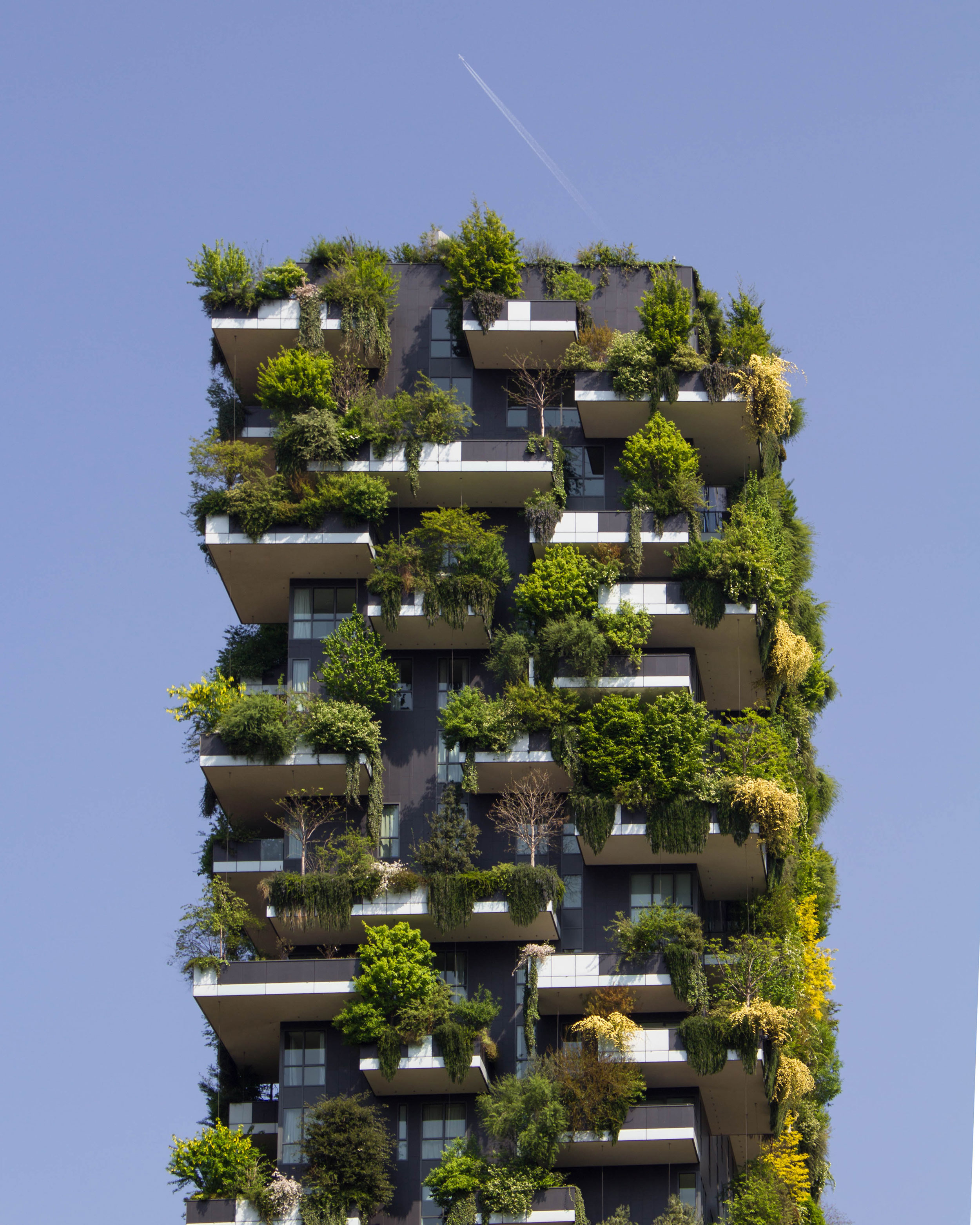Green Leases: Potential Benefits & Hurdles for Landlords & Occupiers
Green leases not only benefit the environment but also improve the financial performance of both landlords and tenants.
We're rated 4.8





on


What are Green Leases?
Green leases, also known as sustainable leases or eco-friendly leases, are a relatively new type of lease agreement that incorporates environmental considerations and sustainability principles into the terms and conditions of the lease. These leases not only benefit the environment but also improve the financial performance of both landlords and tenants, as they aim to encourage both parties to work together to reduce the environmental impact of buildings and improve their energy efficiency, water efficiency, and overall sustainability.
The concept of green leases emerged in response to the need for more environmentally sustainable buildings. Traditional leases often placed the burden of environmental responsibility solely on tenants, with landlords taking a hands-off approach. This approach led to wasteful and unsustainable practices, with tenants often unwilling or unable to make the necessary investments in energy-efficient equipment and other sustainable measures.
Get in touch with our experts today for free, no obligation legal advice
Green leases, on the other hand, encourage landlords and tenants to work together to achieve sustainability goals. These leases include clauses that require both parties to comply with environmental regulations and promote sustainable practices. Landlords agree to provide energy-efficient building systems and amenities, while tenants agree to use resources responsibly and implement environmentally friendly practices.
For example, a green lease might include provisions that require the landlord to provide the tenant with information on the building's energy use, to allow the tenant to install energy-efficient lighting and appliances, and to make sure that the building's heating and cooling systems are properly maintained and serviced. The lease might also require the tenant to use sustainable practices such as recycling, composting, and reducing paper use.
One of the main benefits of green leases is the reduction in energy costs. Buildings that implement sustainable practices, such as energy-efficient lighting and HVAC systems, typically have lower energy bills. By including sustainability measures in the lease, landlords can ensure that tenants are using resources efficiently, reducing energy waste and costs.
The continued emergence of government legislation on sustainability issues is forcing businesses to re-evaluate the way they operate from properties they either own or occupy.
Get in touch with our experts today for free, no obligation legal advice
EPC Ratings
The introduction of the Minimum Energy Efficiency Standard restriction on lettings of properties with poor Energy Performance Certificate ("EPC") ratings means that there is an increased focus on energy performance. From April 2018, owners of F and G rated properties are prohibited from leasing them until active steps have been take to improve the EPC rating to a minimum of E.
Government data suggests that up to a fifth of the UK’s commercial buildings may become unlettable as a result. One effective way to avoid this is through the incorporation of green clauses that allow owners and occupiers to work more collaboratively to enable improvements and to clearly identify the roles and responsibilities of each party.
Another benefit of green leases is the potential for improved indoor air quality. Buildings that prioritize sustainable practices often have better air filtration systems and use materials that do not emit harmful chemicals. This can lead to healthier indoor environments, which can benefit both the occupants of the building and the environment.
Get in touch with our experts today for free, no obligation legal advice
Green leases can also help landlords attract and retain tenants. Tenants are increasingly looking for buildings that prioritize sustainability, and green leases can demonstrate a landlord's commitment to environmentally friendly practices. This can lead to increased tenant satisfaction and retention, as well as positive word-of-mouth marketing.
There are some challenges associated with green leases, however. One of the main challenges is that they require a high level of collaboration and communication between landlords and tenants. This can be difficult to achieve, particularly in situations where there is a high turnover of tenants or where the landlord and the tenant have different priorities or goals.
Another challenge is that green leases require a certain level of expertise and knowledge in areas such as energy efficiency and sustainability. Landlords and tenants may need to seek out advice and guidance in order to fully understand the implications of the lease and to implement its provisions effectively. To be effective, green leases must be well-written and clearly define the sustainability goals and responsibilities of both parties. Landlords and tenants should work together to develop lease agreements that prioritise sustainability while still meeting the needs of both parties.
Get in touch with our experts today for free, no obligation legal advice
Despite these challenges, green leases are becoming increasingly popular as a way to promote sustainability and reduce the environmental impact of buildings. Governments and organisations around the world are recognizing the importance of green leases and are taking steps to encourage their adoption. For example, in the UK, the government has launched a Green Lease Toolkit to help landlords and tenants implement sustainable leases.
In summary, green leases are an innovative approach to promoting sustainability and reducing the environmental impact of buildings. By incorporating environmental considerations and sustainability principles into lease agreements, green leases can help to reduce energy consumption, improve indoor air quality and promote a healthier and more sustainable built environment. While there are some challenges associated with green leases, their potential benefits for landlords, tenants and the environment make them an attractive option for promoting sustainability in the built environment.
If you'd like more information, contact our Commercial Property Solicitors in Manchester today.
Get in touch with our experts today for free, no obligation legal advice
